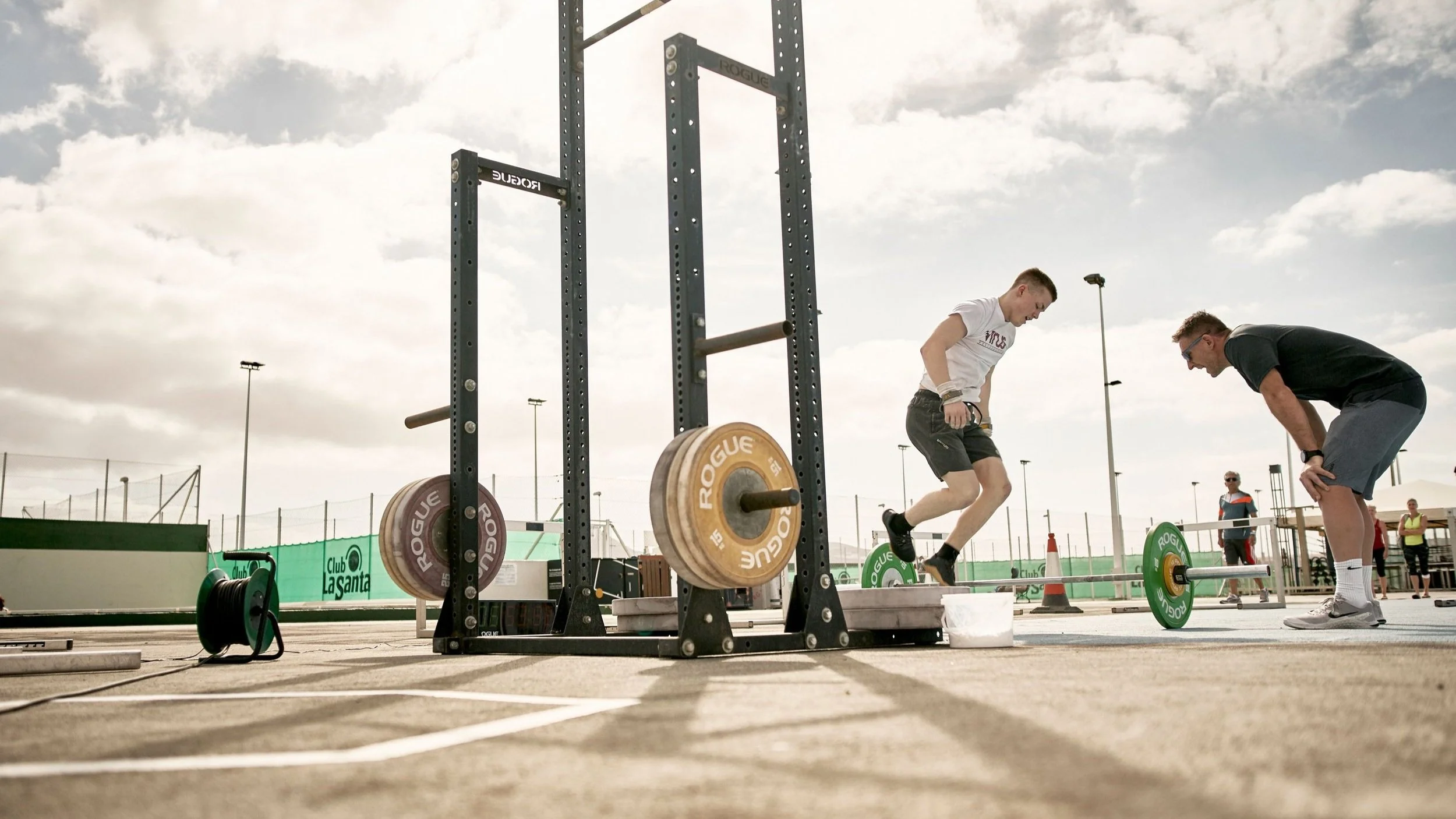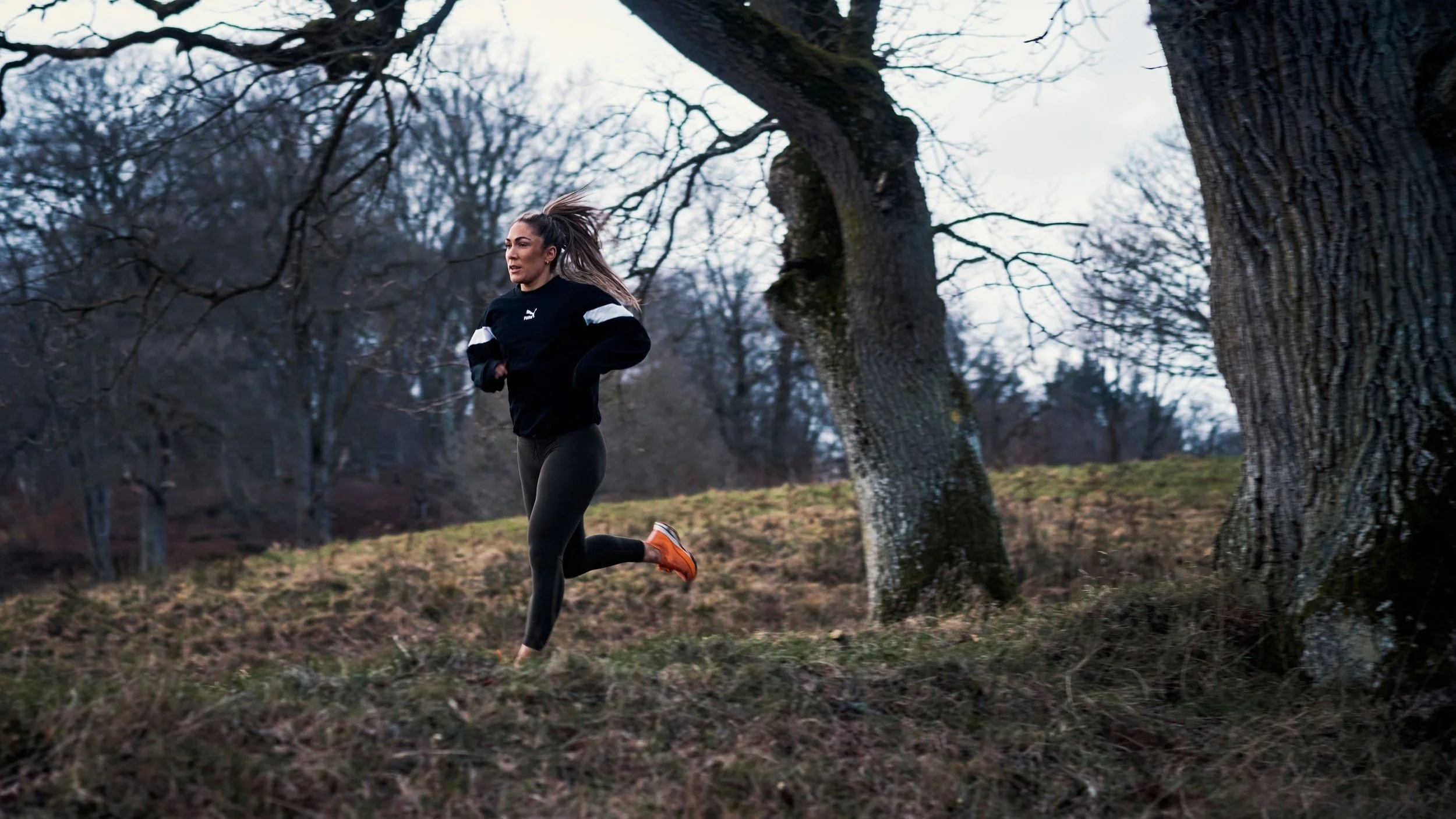Performance vs effort
In this article, I’ll reveal some of the biggest obstacles that athletes face both in training and competition. I’ll give you some quick hacks and tips to help you identify if these are at play in your own regime and what you can do if they are. However — a word of caution — this is far easier said than done.
The coaching team at RedPill have highlighted several key psychological factors, or behavioural drivers, as being crucial for an athletes’ success. These factors affect everything in an athletes’ life; their training, their performance on competition floors and perhaps more importantly, their lives outside of training. Yet despite the impact and the effect these factors can have on our performances and lives, almost no-one knows what to look for, how to improve or even where to start. Which seems crazy considering how many hours we spend on the physical aspect, or getting our nutrition and sleep right.
These psychological or behavioural factors can be truly limiting in an athlete’s performance. What we consider the most important are reserved for our athletes, but over the next few articles I’ll begin to break down some of the easier ones you can spot and work on yourself.
First up, performance vs effort.
I see this everywhere — in every gym, and with almost every athlete. I recently asked a group of athletes in our new ‘Sports Session’ to pick a goal prior to undertaking ‘Death by Burpees’. (If you’re unfamiliar, it’s an EMOM with an ascending number of burpees every minute. So, minute 1 = 1 burpee, minute 2 = 2 burpees and so on.)
Out of 24 athletes, 100% chose a goal for themselves based on their performance. They all chose a round they’d like to get to or complete. Maybe you do the same before you lift, or hit a metcon? There’s a wide range of issues with this approach, to keep this brief I’ll just highlight a few:
Moving goal posts
A key issue is what goes in between the ears when you either reach your target, or feel like it’s unachievable. So, for those in that workout struggling at round 14 who have set a goal of 17 and now have 48 burpees to complete in the next 3 minutes might start a chain of negative self-talk.
We see the opposite for those who hit their goal, the drive can slow down as they’ve achieved what they set out for — I’ll come back to this and make it more apparent why this might not be a good idea in a later article. For now, just know performance based goals nearly always have flaws.
*Side story: that recently made me laugh so I thought I’d share. I spoke to a friend who runs marathons who said he was in no doubt the most prepared he’s ever been going into a race when he got into London. His technique for staying focused over long distances was to pick someone in front, catch them up and then pick someone else and so on. In London that year he started off by picking a guy dressed as a bee with a shopping trolley. He said he felt more and more crushed as this bee slowly pulled away over the next hour and eventually went over the horizon and out of sight. It was one of his worst performances.
Being a product of your environment
Up next, your environment. Think about where you train, who you train with, how you train and so on. Your performance, or your perception of your performance, is hugely affected by these factors. Being at the top or the bottom of a leaderboard can affect how you feel. But it shouldn’t. Being first or last in a heat can affect how you feel, but it shouldn’t — because it’s outside of your control. Once you let things outside of your immediate control affect you, you’re prone to feeling victim to the world around you. This manifests in many ways, such as excuses, procrastination and self-sabotage. Essentially, it’s extremely unhelpful for athletes of any ability level.
Keeping calm and focused
This point might be the biggest takeaway from this discussion. How you approach training and how low your heart rate is when starting an event will have a huge impact on the performance. What causes your heart rate to spike whilst you're standing there waiting for the 3-2-1? Fear. It’s all of the worries of whether this is a good workout for you, whether it’s good for the other athletes, whether you’ve got your plan right, what if you don’t perform well… Or, if you’re at the other end of the spectrum, and you’re going into battle, you’re ready to rip someone’s head off and you’re gonna show everyone what you’re made of.
The problem is your heart rate is at 150 and you haven’t moved yet.
Ever see an athlete look relaxed before an event? They’re not worried about any of that, because it’s simple (and it really is). They’re just going to work hard here, like they always do. And that’s it. What everyone else does is irrelevant. The outcome is ultimately irrelevant. Very few have, or can, master that concept. It takes a lot of practice but it’s well worth the effort.
Your next session/event
This is often overlooked, but it’s really common to see a downward spiral when we use performance goals. One event doesn’t go as well as we’d hoped, which leads to a negative mindset and doubt going into the next one and so on and so forth. Yet if your goal is to work as hard as you physically can, you can hold your head high after every event because you achieved your goal, and when you don’t perform as well as you’d like you can still learn from it, but again that’s an article for another day.
Why choose effort?
Effort is the one thing you have control over. You can go in and work hard, again and again and again. It’s the one thing you can hold yourself accountable for, no-one else, no matter how good of a coach or training partner can do that for you. It’s on you.
Having a goal in mind is a great idea, but never lose sight of what’s important in your training from day to day. Focusing on how hard you’re working is something easily tangible each and every session.


